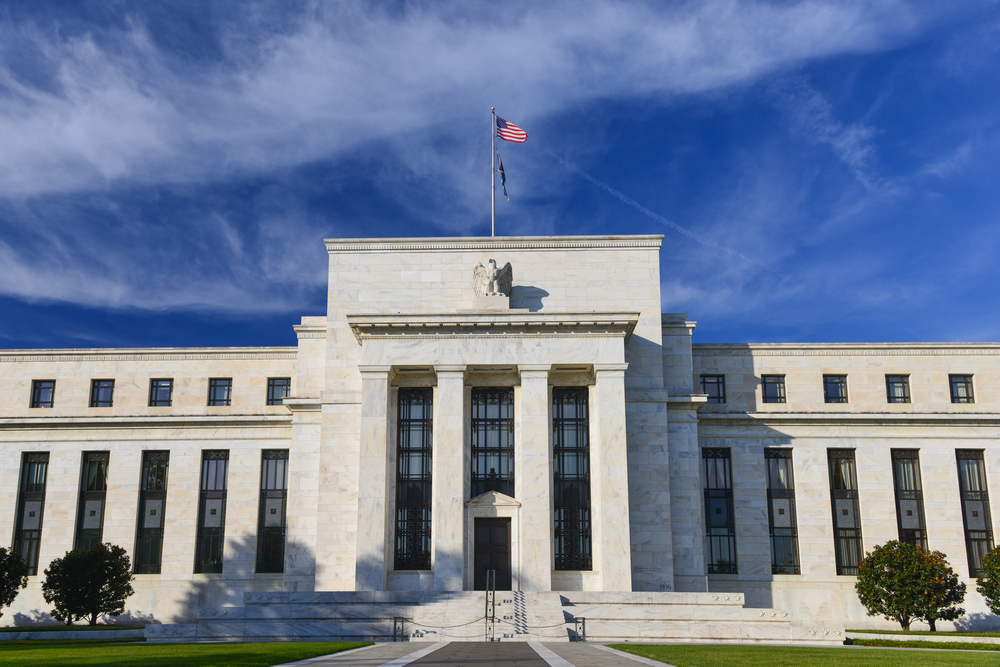Business
Fed Chair Worries About Small Businesses, Slow Economic Recovery

Federal Reserve Chairman Jerome Powell hit on a variety of topics yesterday during his testimony before the Senate Banking Committee. He expressed his worries about small businesses and the likeliness of slow economic recovery.
Powell's overall message is that the Fed is willing and able to do everything it can to support the economy. However, even with the Fed throwing the kitchen sink at the problem, we shouldn’t expect a quick recovery from the economic damage caused by the coronavirus pandemic.
“The levels of output and employment remain far below their pre-pandemic levels, and significant uncertainty remains about the timing and strength of the recovery,” Powell said during his prepared remarks. “Much of that economic uncertainty comes from uncertainty about the path of the disease and the effects of measures to contain it. Until the public is confident that the disease is contained, a full recovery is unlikely.”
Small to Medium Businesses Still Vulnerable
An economic recovery is underway. However, he noted that small or medium-sized businesses remain vulnerable. He says losing them will cause ripples through the economy.
“The pandemic is presenting acute risks to small businesses,” Powell said. “If a small or medium-sized business becomes insolvent because the economy recovers too slowly, we lose more than just that business. These businesses are the heart of our economy and often embody the work of generations.”
Senators asked Powell about Monday’s announcement that the Fed would begin buying individual corporate bonds. A heavy amount of criticism met this revelation. Sen. Pat Toomey said the Fed’s corporate bond purchases were unnecessary and were distorting market signals.
The program was originally announced back in March. Powell stated that its goal is far less intrusive than what many believe.
“It’s out of an excess of caution to preserve these gains for market function by following through. I don’t see us wanting to run through the bond market like an elephant snuffing out price signals, things like that.”
Powell said how many bonds the Secondary Market Corporate Credit Facility buys and how often will depend on how the market responds.
“It’s really going to depend on the level of market function. If the market function continues to improve, then we are happy to slow or even stop the purchases,” Powell said. “If it goes the other way, we will increase.”
How the Program Will Work
The Primary Market Corporate Credit Facility will buy bonds directly from the corporations issuing them. However, it has yet to be launched, and Powell says there is no demand at this time.
During his testimony, Powell also mentioned that the downturn hit low-income families and minorities harder.
“Low-income households have experienced, by far, the sharpest drop in employment, while job losses of African Americans, Hispanics, and women have been greater than that of other groups,” he said. “If not contained and reversed, the downturn could further widen gaps in economic well-being that the long expansion had made some progress in closing.”
The Fed has reported the decline of employment among earners. Workers who were previously earning wages in the bottom fourth of wage earners saw a 35% decline. Meanwhile, high-wage earners only saw a 5% decline.
Up Next:















